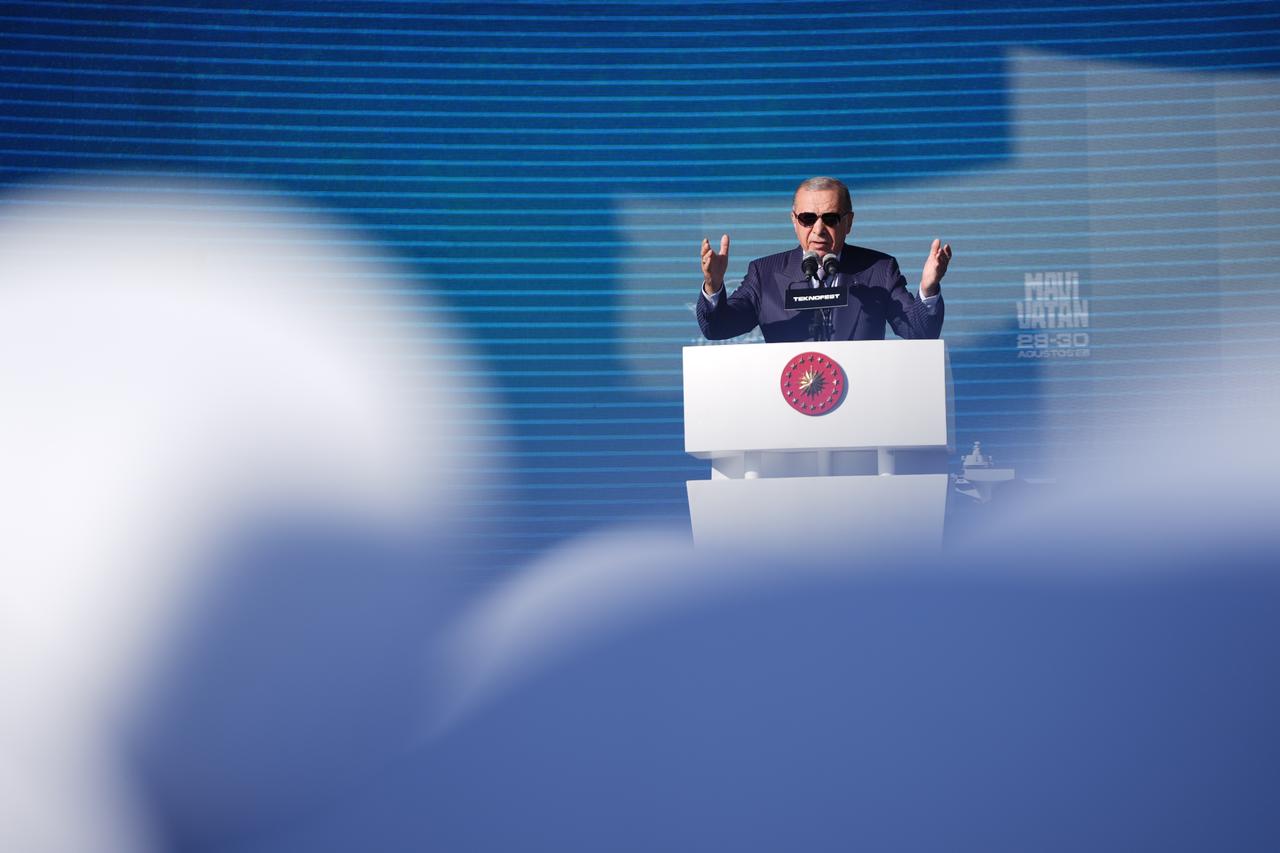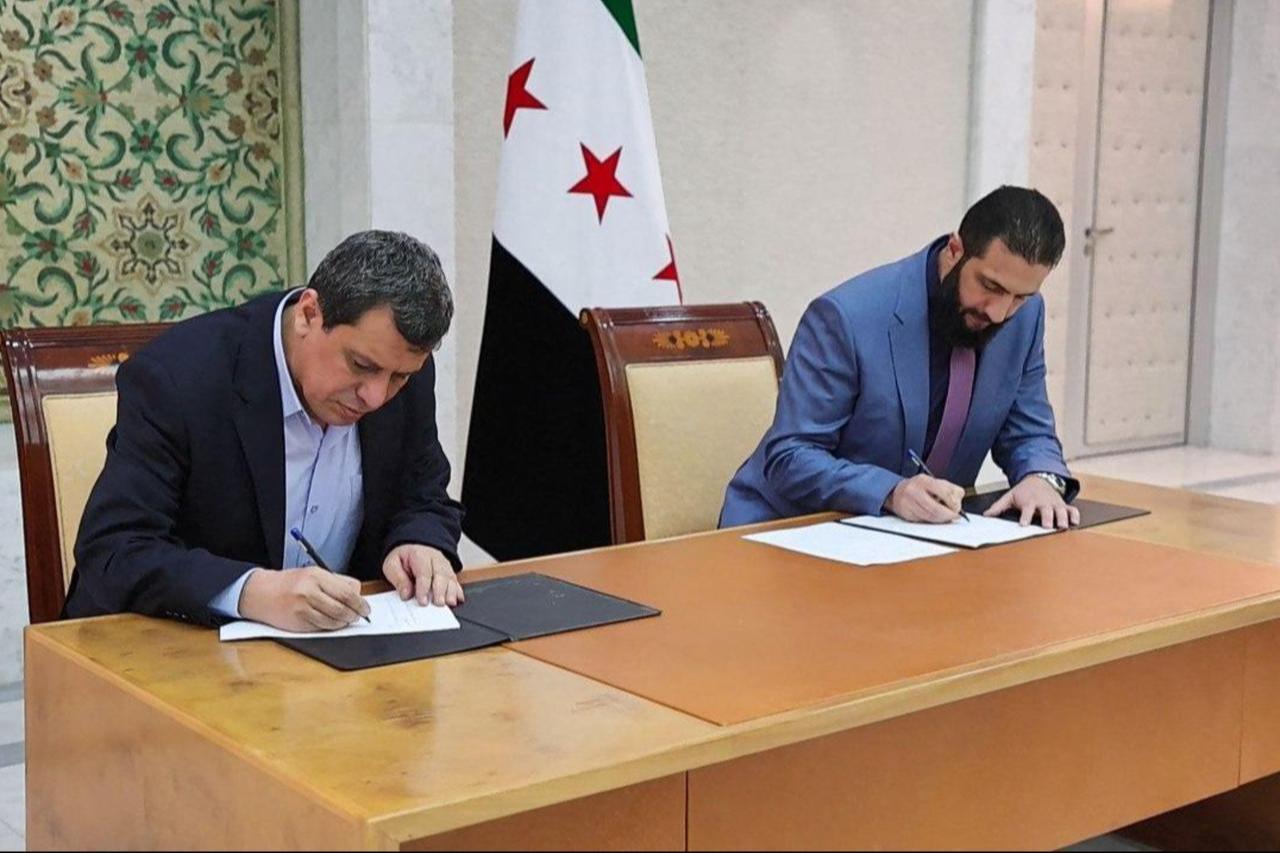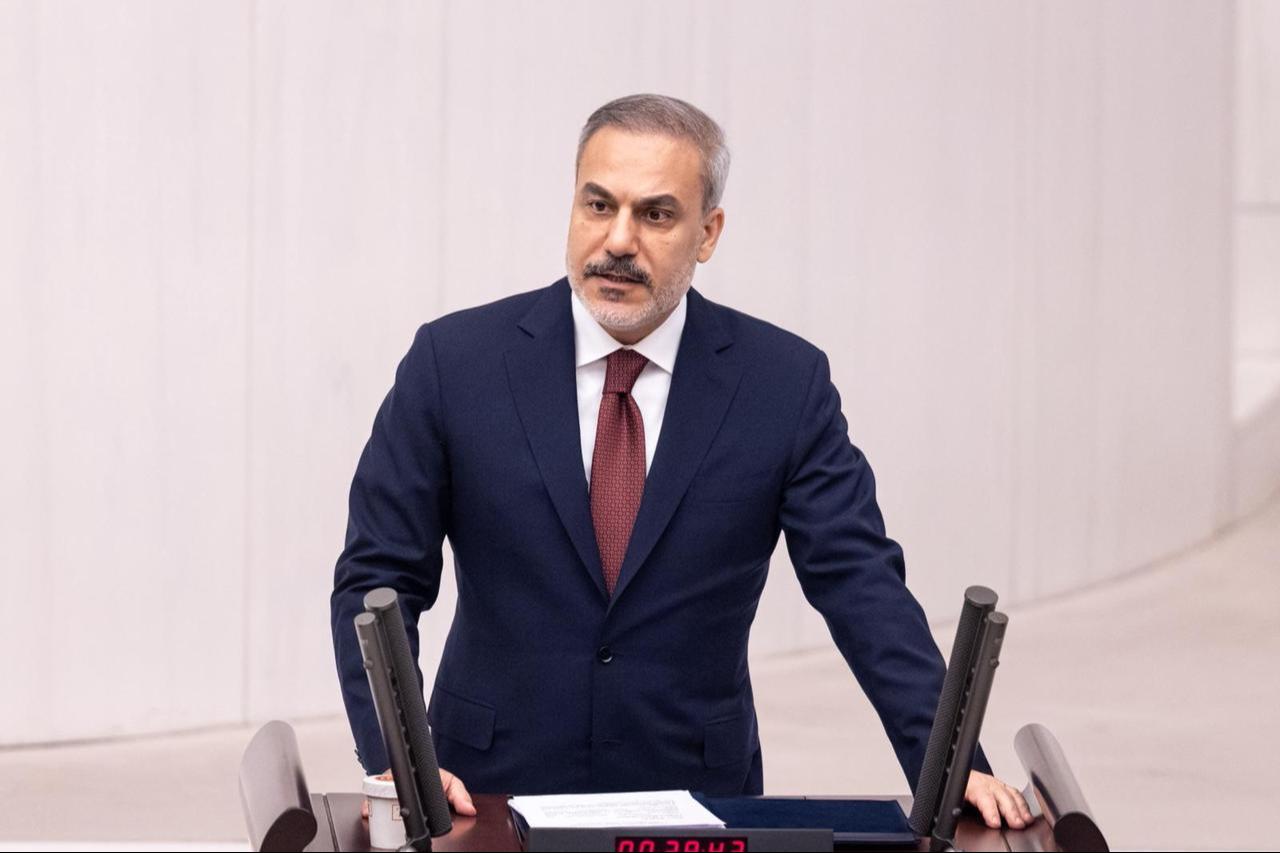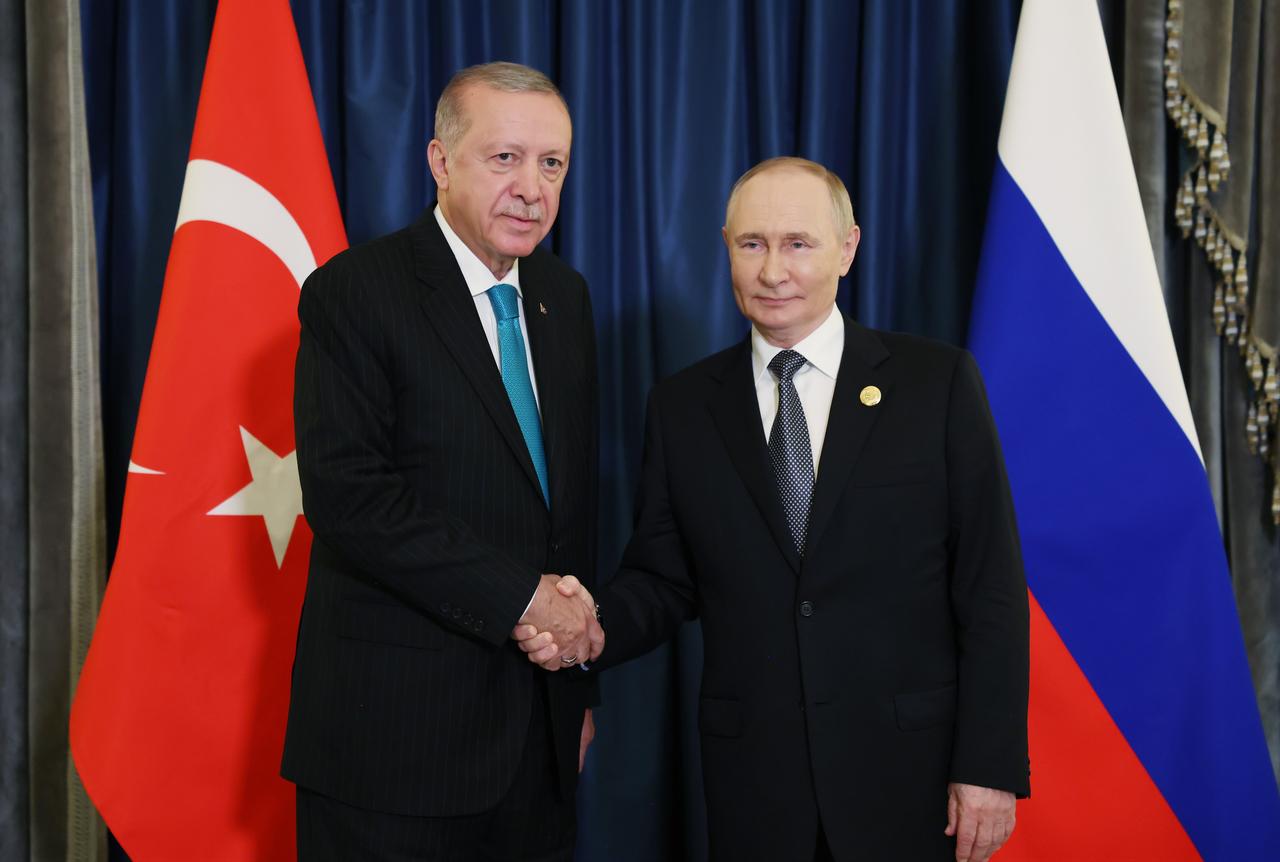
Hurriyet columnist Abdulkadir Selvi wrote that President Recep Tayyip Erdogan’s recent remarks signaled a critical shift in Ankara’s Syria policy. According to Selvi, Erdogan underlined during his visit to China for the Shanghai Summit that Türkiye will continue to oppose any attempt to undermine Syria’s security and territorial integrity.
Selvi emphasized that this message was not only aimed at the SDF terrorist organization but also directly addressed Israel. SDF is an umbrella group dominated by the PKK terrorist group's Syrian offshoot, the YPG.
Erdogan had earlier warned, “If the sword comes out of its sheath, there will be no room for pen and word.” Selvi noted that this warning targeted both the terrorist organization and Tel Aviv, underlining that those who turn to Ankara and Damascus will gain, while those who align with Israel will lose.

Selvi recalled that despite terrorist ringleader Abdullah Ocalan’s call for disarmament, ringleader Mazloum Abdi continues to work with Israel, fueling demands ranging from autonomy to full independence.
“Behind these moves stands the hand of Israel,” one assessment cited by Selvi read.

According to Selvi, Ankara is pursuing a dual strategy: maintaining diplomatic pressure to safeguard the PKK’s disarmament process while also working with Washington and the new Syrian leadership to integrate the group.
However, Selvi warned that the alignment of the SDF terrorist group with Israel is steadily making a military option more likely.
Foreign Minister Hakan Fidan reinforced this position, stating: “We perceive this as a direct threat to our national security and we will intervene if necessary.” Selvi interpreted Erdogan’s remarks as an indication that “the sword is indeed coming out of its sheath.”

In another section of his column, Selvi turned to Erdogan’s talks with Russian President Vladimir Putin, noting that one of the key issues of interest was the Zangezur Corridor. He underlined that while Türkiye has expressed support for the agreement initialed in Washington by President Donald Trump, Azerbaijani President Ilham Aliyev and Armenia's Prime Minister Nikol Pashinian, Russia’s silence remains “alarming.”
Selvi cited the view of an Ankara official who stressed Moscow’s deep concern about foreign troops near its borders: “Russia does not want to see foreign elements along its borders. That is why it attacked Ukraine. It says it will not tolerate foreign presence near its territory.”
Selvi concluded that Putin’s silence suggests he will not speak until the course of the Ukraine war becomes clearer, adding that Ankara is carefully and cautiously monitoring the developments.